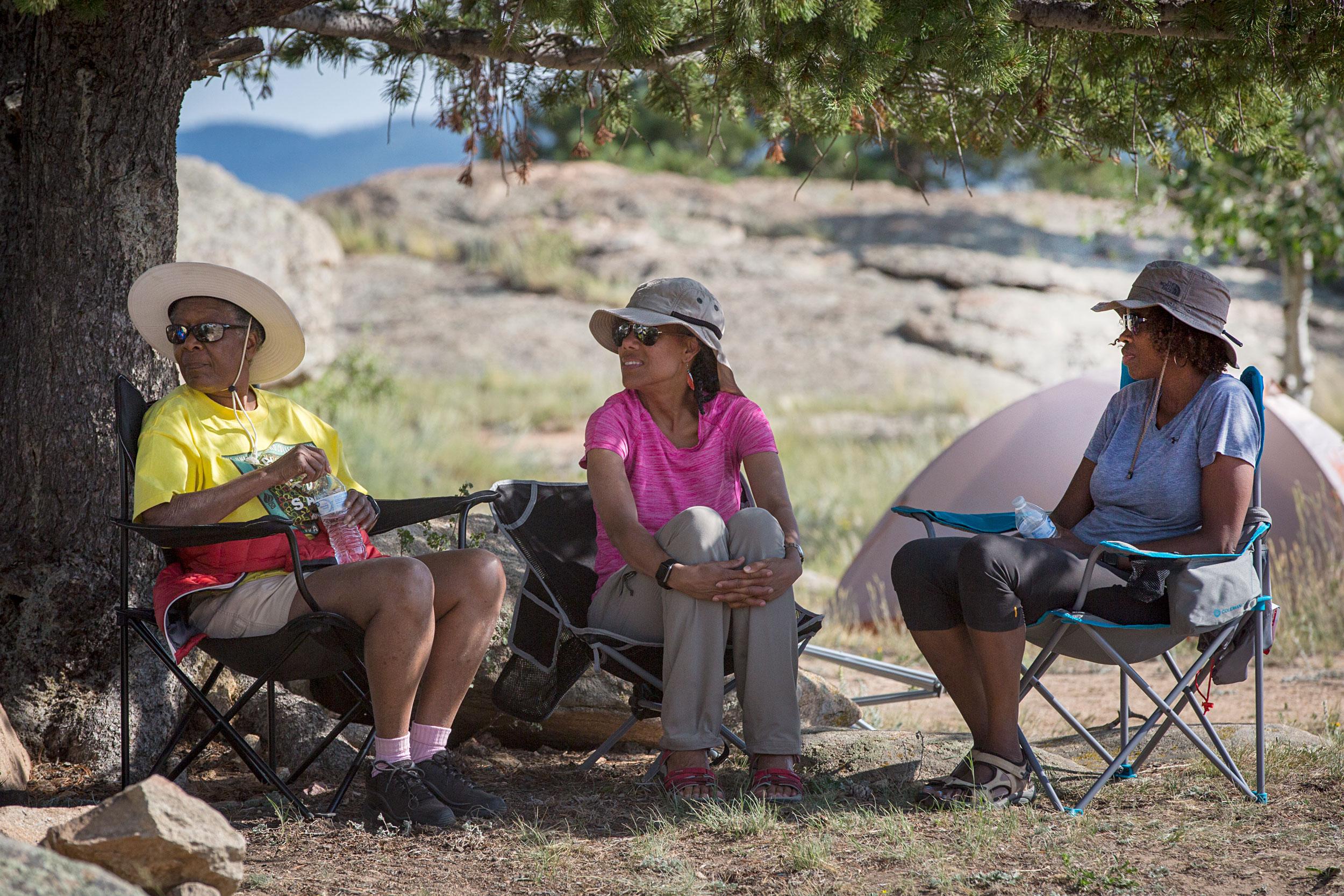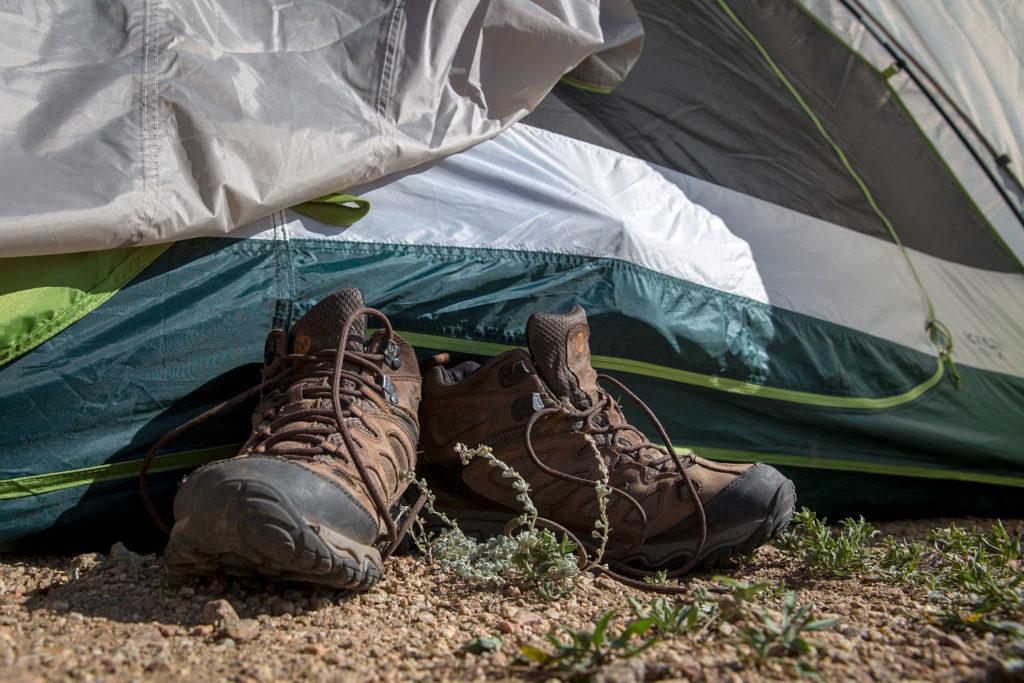
Starting on the first day the calendar rolls over to 2020, you’ll need a reservation to camp at any of Colorado’s 41 state parks. That means no more waking up at the crack of dawn, taking a long drive and gambling for a spot.
Will your favorite place to pitch that tent be there? You'll now know.
The shift, announced by Colorado Parks and Wildlife, moves away from the reservation system that required booking at least three days in advance. Now campers can claim their spot online or go old school over the phone (1-800-244-5613) up to the moment they arrive.
“It really brings Parks and Wildlife and our booking system into line with the way a lot of other private companies do their campsite booking or even hotel booking,” CPW’s Travis Duncan said. “It's more convenient for our customers, for folks who say, decide on a Friday, they want to get away for weekend camping.”
Are you a go-getting overachiever who likes to plan their camping trips well in advance? Good news! The reservation system allows you to book a campsite up to six months out.
The pilot version of this program rolled out in 2017 with five parks. Duncan said there were very few kinks and complaints so they added 17 more parks in 2019 before deciding to make the program statewide.
There is one potential problem though: spotty cell service in the great outdoors.

To combat this, CPW has started to implement signage at some park entrances that instruct campers to make their reservations before they get too deep into the woods.
“Otherwise, especially if you arrive after hours and there's no one at the [ranger] desk to help you, you might have to book your site by leaving the park and finding good cell coverage,” he said.
On top of places like Eleven Mile State Park, Duncan added that Arkansas Headwaters Recreation Area, Golden Gate Canyon and Highline State Park are other dead zones that might require more advanced notice to book online.
Don't be a scofflaw. If campers are caught without a reservation, a park ranger will likely issue them a citation or evict them.
The hope is that the new system will mean fewer empty sites and more happy campers.
“I think we're getting more folks to fill in those last-second spots that might have otherwise gone empty because people didn't want to take that gamble,” he said. “And so just overall it's really increased the number of people we have camping in our state parks.”









